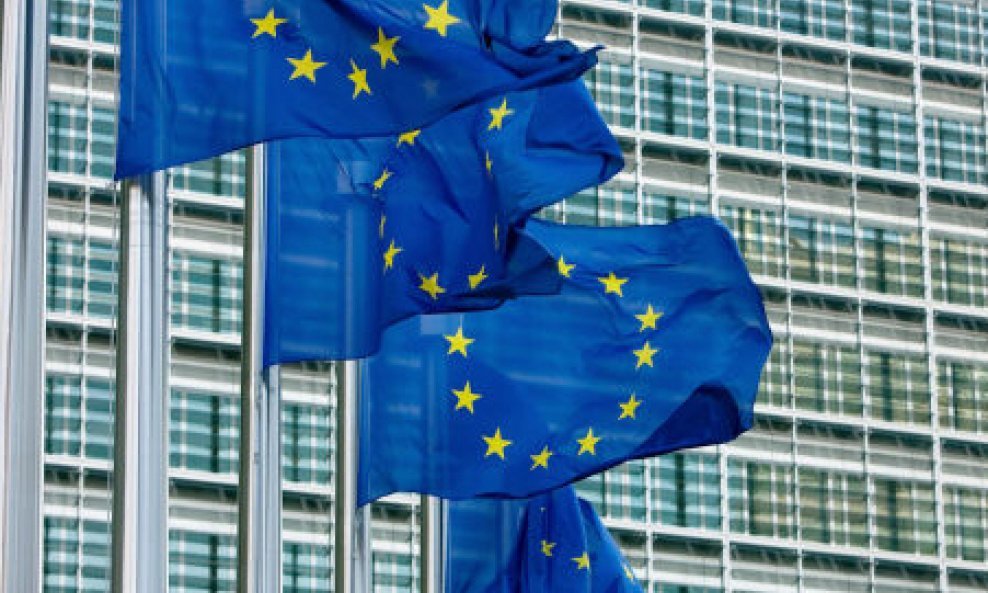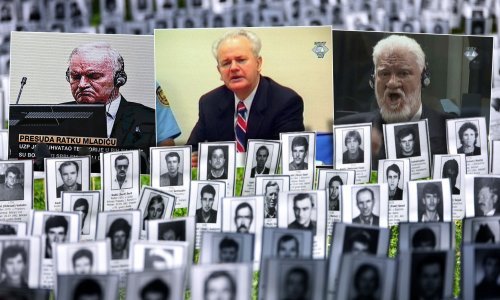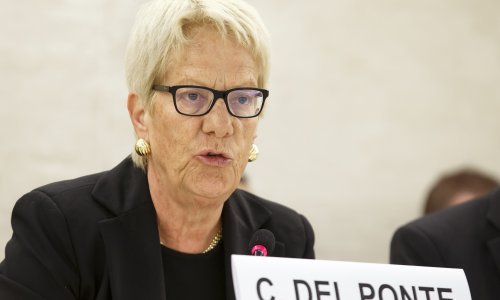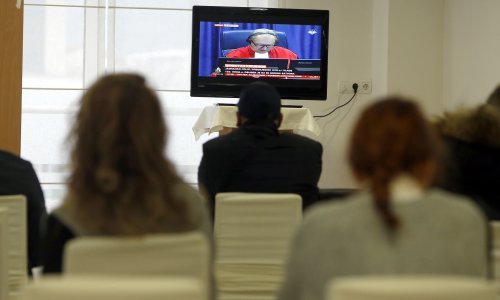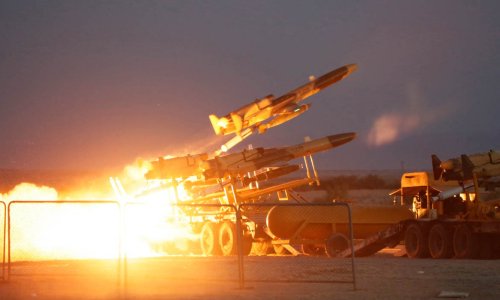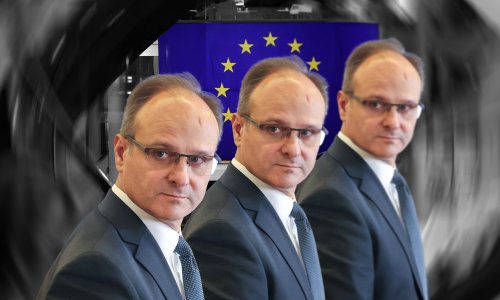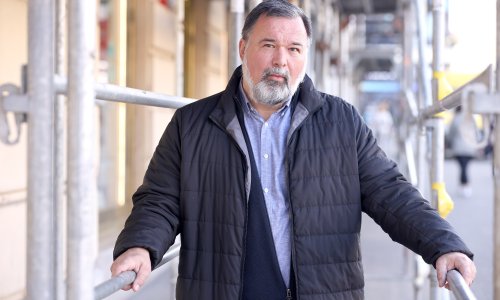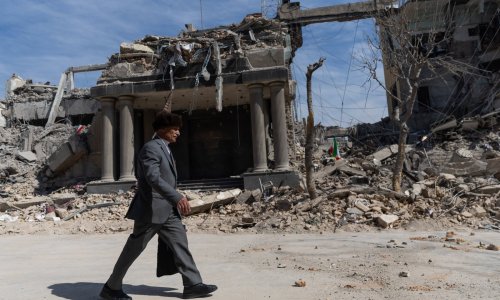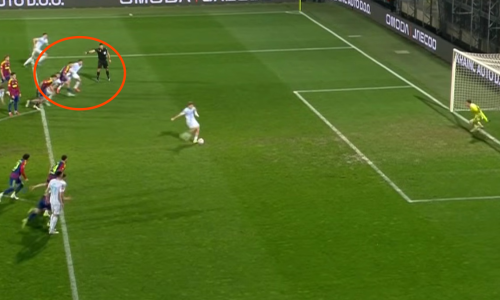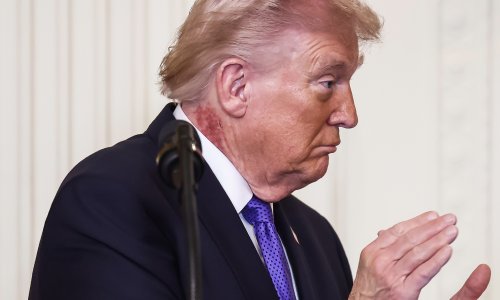Croatia officially opened its membership talks with the European Union five years ago, in the night between 3 and 4 October.
The bilateral inter-governmental EU-Croatia conference, which marked the official launch of Croatia's membership talks, began in Luxembourg in the early hours of October 4.
Although there was consent to launch Croatia's entry talks in the EU following the positive opinion of Carla del Ponte, the then Chief Prosecutor of the UN war crimes tribunal, about Croatia's cooperation with the Hague-based ICTY tribunal, Zagreb had to wait for the greenlight for the start of Turkey's accession negotiations.
Great Britain, which chaired the European Union at that time, insisted on the parallel opening of those two negotiating processes, while Austria seemed unwilling to okay the beginning of the talks with Turkey.
Talks among EU members on this topic continued long in the night of 3 October and ended successfully. As a result, the EU-Turkey conference was held first marking the launch of Turkey's EU accession negotiations, and after that the bilateral inter-governmental EU-Croatia conference ensued in early hours of 4 October.
The accession negotiations expected to be tough and demanding, but they have taken more time than usual.
All central and eastern European countries that entered the European Union in 2004 and 2007 negotiated with the Union shorter than it is the case with Croatia.
One of the reasons for the longer accession process was a change in the mood in the EU and fatigue with the enlargement. The public in the European bloc was particularly critical after Bulgaria and Romania joined the Union without being fully prepared.
In order to appease the disgruntled public and not to repeat mistakes from the case of Romania and Bulgaria, the European Union decided to stiffen the criteria for the entry, introducing benchmarks for the opening of policy chapters, that is negotiating areas.
Besides, some EU members found Croatia's cooperation with the ICTY (International Criminal Tribunal for the former Yugoslavia) insufficient, which also procrastinated the negotiations.
Also, some time was lost in the Slovenia-Croatia dispute over the sea border. Slovenia, an EU member, blocked Croatia's EU talks for some time in an attempt to impose its view of the problem. Eventually, the two neighbouring countries agreed that the issue would go to international arbitration.
The deceleration of the talks was also ascribed to Croatia's decision to re-enact the legislation on the Ecological and Fisheries Protection Zone (ZERP) in the Adriatic Sea, although Zagreb promised that it would not apply the zone towards EU members.
In addition, not enough was done to prepare state-owned shipyards for their survival on the EU market without state subsides. Croatia undertook to streamline the shipbuilding sector when it signed the Stabilisation and Accession Agreement with Brussels.
Reforms could have been implemented at a faster pace, notably in the judiciary. Croatia has intensified the anti-corruption campaign for some time now. All of this is necessary for closing the Judiciary and Fundamental Rights policy chapter.
Croatia is entering the sixth year of its EU accession negotiations with all policy chapters opened. Of them 22 have been provisionally closed, and now it remains to close 11 more policy chapters.
Croatia may wrap up five to six negotiating areas at the next intergovernmental conference in early November, and three of four more chapters in December. The remaining two chapters -- Judiciary and Fundamental Rights and Competition Policy, which are regarded the toughest ones, can be on the agenda for early 2011.
This will facilitate the technical completion of Croatia's EU accession negotiations until the EU summit meeting, set for March 2011, paving the way for the signing of the Croatia-EU accession treaty until the end of Hungary's six-month rotating presidency over the bloc. The Hungarian presidency ends on 30 June 2011.



